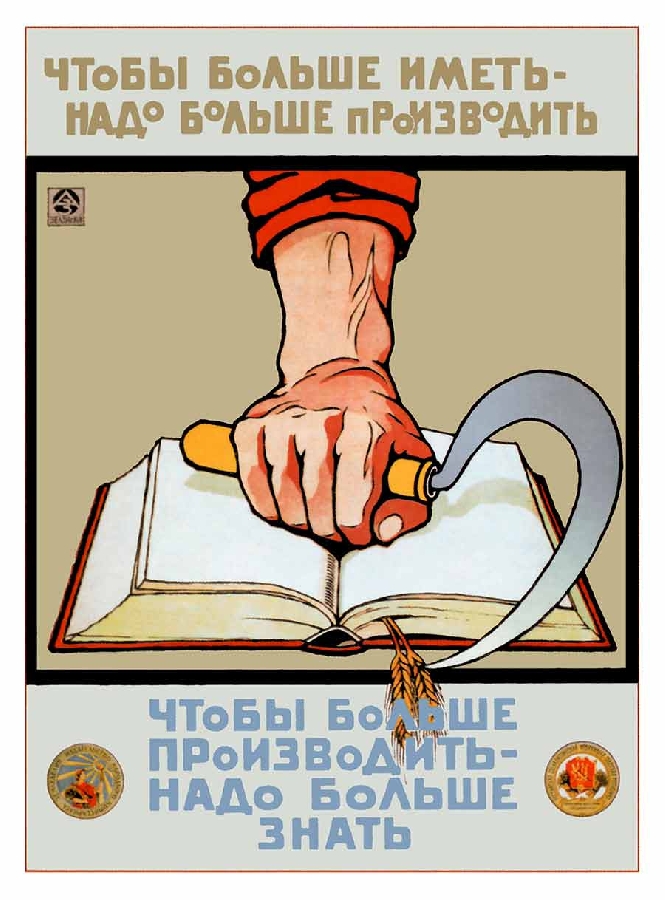Hello everyone, welcome to Theory Thursday! This is a community led project, the point of these posts is to read about 30 minutes of theory every Thursday. Then we discuss with fellow comrades the contents of the reading. This week’s topic we are covering Fredrick Engels’ The Principles of Communism, parts 14-25.
The Reading: https://www.marxists.org/archive/marx/works/1847/11/prin-com.htm
Feel free to discus below your thoughts or insight into this reading.
Next week we will vote on what to read next. Shout out to comrade GrainEater’s Matrix study group, and comrade CriticalResist8’s ProleWiki study guide, go check them out if you would like more resources and discussion on theory. Have a great week comrades, until next time!
That was a great read. I like how he discusses the difference between the proletariat and the slave, casually mentioning how slavery is still used in the southern USA. As if it were yesterday. Of course slavery just got shifed to prison labour..
Also loved the section on actual steps to dismantle private property via huge taxes, eliminating inheritance, etc. Of course it's a process not an instant result.
Brilliant reading thanks for posting this.
You're welcome! It's incredible how an almost 200 year old book can provide us such great insights into our modern society.
-
My personal dislikes/disagreements about the reading: Engels prediction for the simultaneous victory of the ‘’’’civilized’’’’ proletariat in England, Amerika, France, and Germany clearly was wrong. These places are the heart of capital & reaction today, and that doesn’t even touch on the loaded language of what he deems as ‘civilized’. Next, while I do agree with his takes on creating a ‘well rounded’, atheist, proletariat with no national allegiances. I have to wonder how exactly would we get this done, his answers weren’t exactly convincing. He seems to argue that the proles will just become experts in everything, disintegrating the roles people fill in society, disintegrating classes, and blurring the lines between urban & rural life. Meanwhile the need for religion and the state will just naturally vanish into thin air. While I do believe in these end goals, I struggle to see how this is all possible using the road map he provides. Maybe I’m just misinterpreting what he is saying, or have a limited creative perspective on the issue. Finally, he opens up a can of worms in section 24/25 in a few ways. He seems to advocate for the use of electoralism to further the cause, working with democratic socialists to a limited degree, and even going so far to advocate support for the bourgeois coming to power over the monarchy. He also seems to take a patsoc angle, ‘turning the constitution against the bourgeoisie and use it in the interests of the proletariat’. This is obviously a nuclear grade take, the constitution was written by and for the bourgeoisie, there will be no ‘turning it on them’.
-
My personal likes/agreements about the reading: There was quite a bit that I enjoyed about the reading, I thought that the way he believes in replacing competition with association was a great line. Also the way he beautifully states, ‘revolutions are not made intentionally and arbitrarily, but that, everywhere and always, they have been the necessary consequence of conditions which were wholly independent of the will and direction of individual parties and entire classes’. The entirety of section 18 is a banger, reading it made my heart flutter and give me chills. Section 18 beautifully states how exactly communists intend to get the project done. I also found it interesting how he states that with the fall of private property, the fall of prostitution will follow, given that prostitution is based off of private property. We’ve had plenty of discussion on sex work on the grad, so I implore people to read further on the subject there. Finally, the way Engels DESTROYS the various flavors of fake socialists with FACTS and LOGIC was just a cherry on top.
-
How this could be applied today: The need for to abolish private property is absolutely necessary today, as it was made clear by Engels that this is a core theme of communism. The very fabric of our society revolves around the protection of, and rights for, property owners. I’m sure we can all think of a few examples where property rights are given priority over everything else, including human lives. Private property needs to go, this is as true then as it is today. ‘Will it be possible for private property to be abolished at one stroke? No, no more than existing forces of production can at one stroke be multiplied to the extent necessary for the creation of a communal society’. I hope the anarchists among us are taking notes, Engels explicitly states that this won’t be done overnight. Next, it is very apparent to me that all of the steps laid out in section 18 are being done, or have already been done, in actually existing socialist countries in one way or another. Thus making section 18 in particular incredibly relevant to today, and personally was my favorite take away from the reading. Lastly there’s the subject of electoralism, as we should know electoralism historically speaking hasn’t been the driver of social progress. Electoralism can be useful, it can be a good addition, if we can make even a small bit of progress through elections then we should be practical in doing so. However for the most part this avenue is a dead end, voting for bourgeois candidate 1 over bourgeois candidate 2 in the bourgeois run election wont bring any meaningful change. At best this avenue will be a temporary band aid solution. There’s a ton of great content by fellow comrades that go into the details of this, please go check them out for a deeper analysis on the subject.
-

